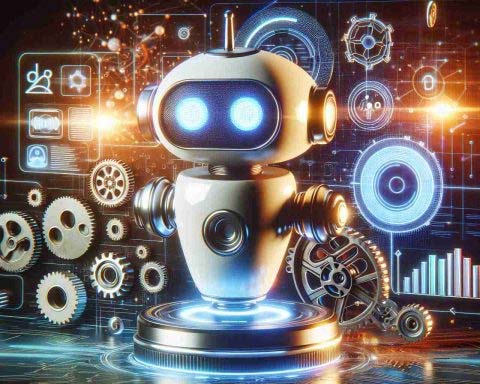Technology: ChatGPT, the dynamic conversational AI, is undergoing transformational advancements that promise to redefine human-machine interactions. While most discussions revolve around its capabilities in answering questions or creating content, the next wave of innovation is focused on emotional intelligence integration. Researchers are working on algorithms that can give ChatGPT the ability to understand and respond to the emotional nuances of human speech. This development could revolutionize areas such as mental health support, customer service, and personal digital assistants by offering more empathetic interactions.
Imagine asking ChatGPT for advice during a stressful moment and receiving answers that not only acknowledge your situation but also adapt to your emotional state. The implications of such technology are vast. For example, in healthcare, ChatGPT can assist physicians by providing initial screenings and monitoring patient emotions over time. Similarly, businesses can deploy AI that not only answers customer inquiries but also measures and improves customer satisfaction through emotionally intelligent responses. However, the integration of emotional intelligence into AI raises ethical considerations. How emotional data is collected, stored, and used will require stringent guidelines to protect user privacy. Developers must balance innovation with responsibility, ensuring that technology remains a tool for profit rather than manipulation.
As ChatGPT continues to evolve, its journey toward richer and more meaningful human interactions highlights both the potential and challenges of future technologies. The road ahead points not just to technological advancement, but also to a deeper understanding of humanity in the field of artificial intelligence.
